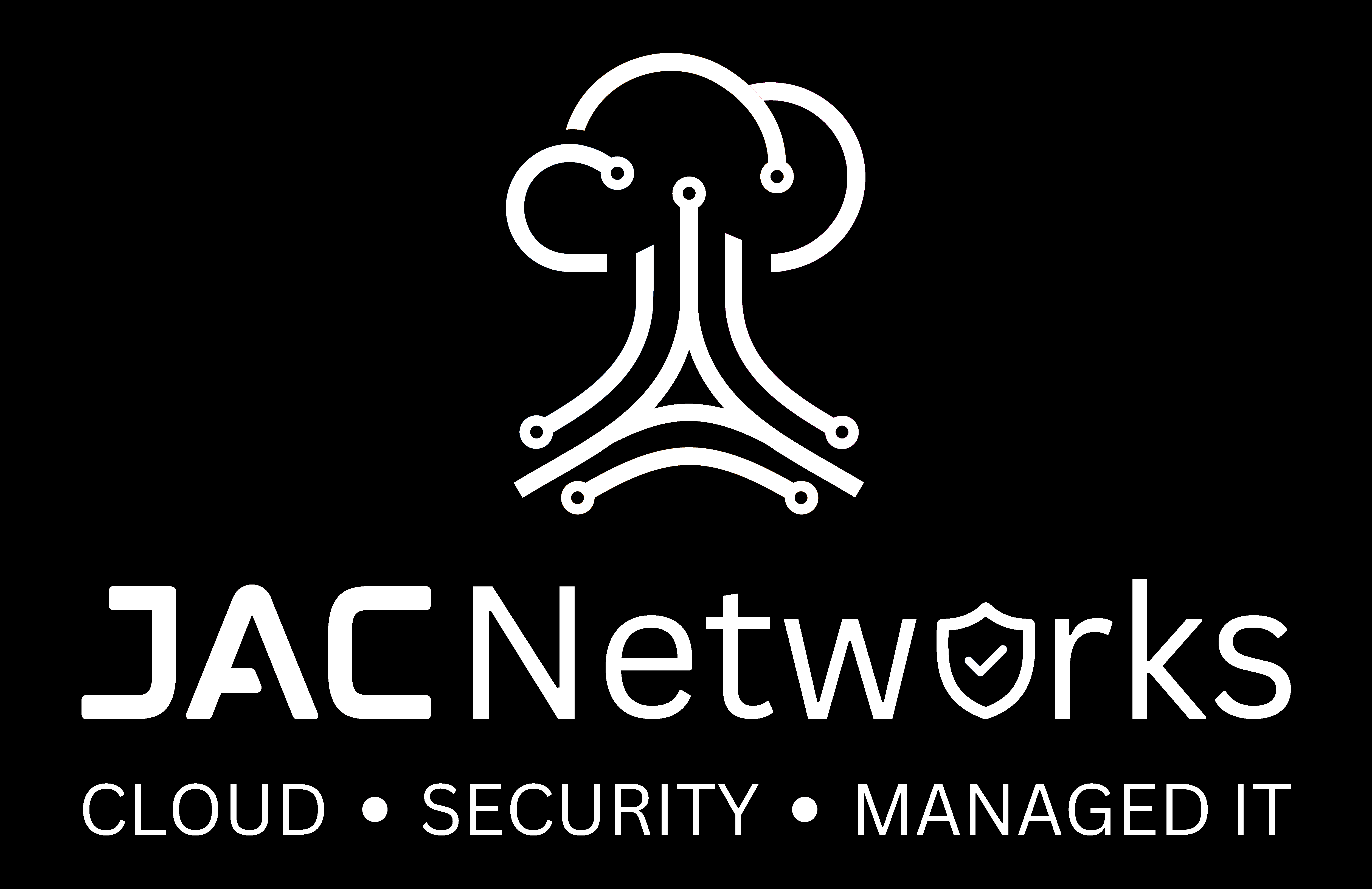Businesses are spending more and more on cloud technology to promote innovation, optimize processes, and maintain competitiveness in today’s fast-paced digital environment. Because of its unmatched accessibility, scalability, and flexibility, cloud computing is completely changing how businesses support their operations and manage their IT infrastructure. To fully utilize cloud infrastructure, however, strong support systems are needed to handle issues and guarantee smooth operation. In this blog, we will go into the realm of Cloud Managed Services support.
Take a brief about Managed IT Services

According to a survey by Markers and Markets, the global market for cloud-managed services is expected to grow to a sizable USD 116.2 billion by 2025. Cloud-managed service providers oversee cloud computing activities, storage solutions, network operations, and application stacks.
The daily IT administration of a specific organization’s cloud infrastructure is handled by a different organization as part of cloud management services. These individuals can lack the knowledge and experience necessary to manage a cloud infrastructure. Thus, they hire a third party to do the task. Managing cloud security, storage, and computing suppliers, as well as other duties, may be part of the job.
Benefits of collaborating with Managed IT services

Adopting Managed IT Services has several benefits that can have a big influence on an organization’s performance and future development.
- Cost-Effectiveness
Cost reductions are among CMS’s most alluring advantages. Businesses may save a lot of money on staff, software, and hardware by outsourcing cloud administration. By only paying for the services they use, a pay-as-you-go approach allows firms to more efficiently manage their resources.
- Increased Attention to the Main Business
Businesses may focus on their core company operations by saving up critical time and resources when they outsource their IT administration to a reputable CMS supplier. By allowing teams to concentrate on strategic projects rather than regular maintenance duties, this change boosts productivity and creativity. - Flexibility and Scalability
Unmatched scalability is offered by managed cloud services. Without having to make large infrastructure expenditures, businesses may swiftly scale their resources up or down in response to changing business demands. Businesses are guaranteed to be able to adjust to shifting consumer demands and market situations because of this adaptability. - Obtaining Expertise
Managed Cloud service providers contribute specific knowledge and experience. Businesses may benefit from sophisticated knowledge that may not be easily accessible in-house by assembling a team of knowledgeable experts that are well-versed in cloud technology. Better decision-making and more successful cloud initiatives may result from this expertise. - Enhanced Compliance and Security
Organizations put a high premium on security due to the growing frequency of cyberthreats. Strong security features provided by CMS providers include threat detection, data encryption, and frequent compliance checks. Businesses may improve their security posture and guarantee adherence to industry requirements by collaborating with a respectable MSP.
Considerations when choosing the right managed IT services

Making the correct choice for a managed cloud services provider is crucial and may have a big influence on an organization’s cloud journey. A number of crucial factors should be taken into account:
- Potential Cloud computing providers’ experience and skills should be carefully assessed by organizations. This includes evaluating their credentials, track record, and client endorsements. A supplier can instill trust in their ability if they have a track record of successful installations.
- Seek out a Managed IT Services provider who has worked with companies in your industry. Errors, delays, and cost overruns can, therefore, be prevented or reduced. The supplier ought to be able to offer services that are tailored to your particular requirements and tastes. Expertise in similar areas allows the provider to deliver faster and better service.
For companies attempting to negotiate the complexity of the digital environment, cloud technology and support is revolutionary. In this interconnected environment, companies may increase productivity, scalability, flexibility, security, and compliance, and significant business outcomes by adopting cloud-based solutions and using the knowledge of cloud service providers.





